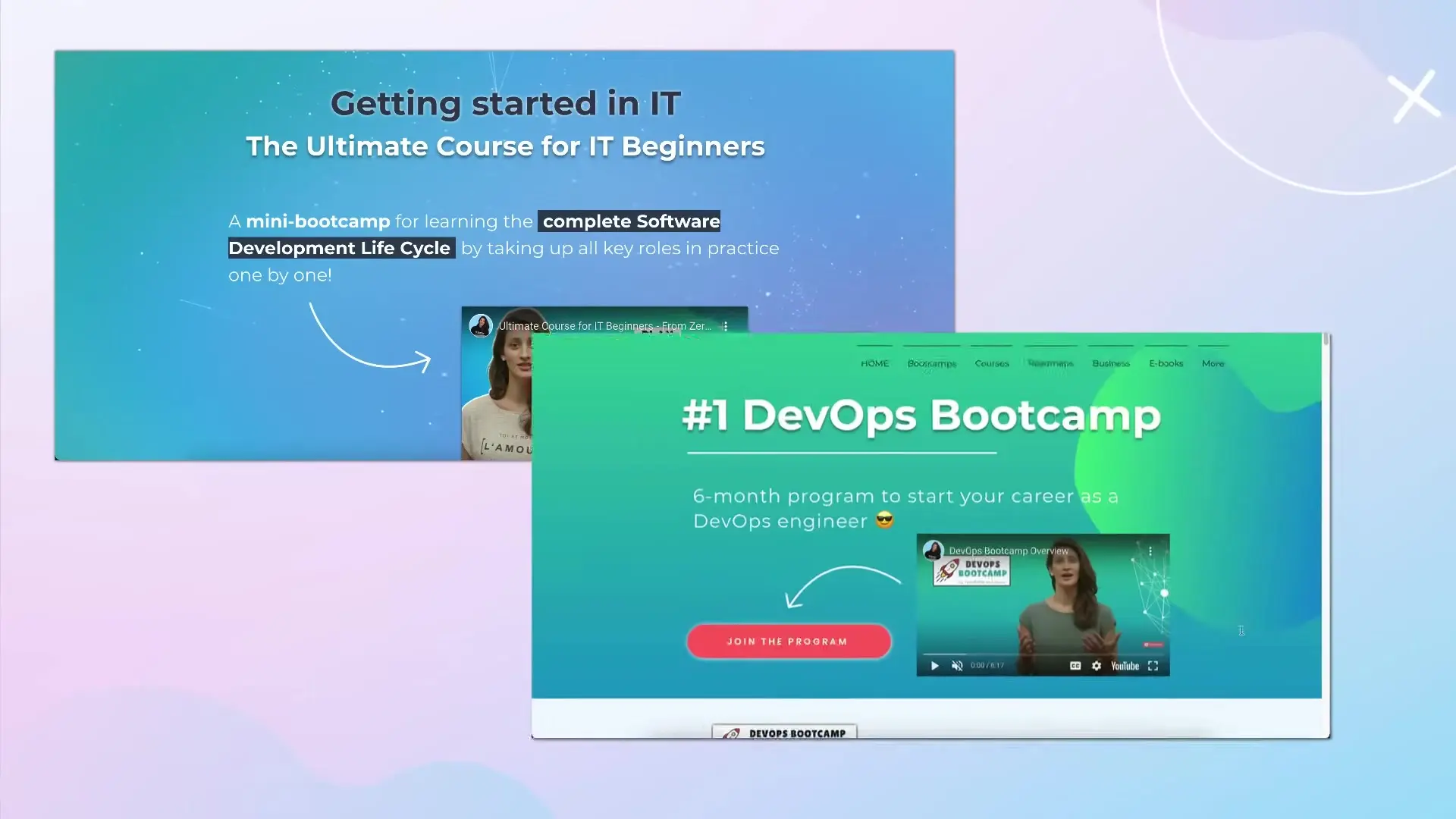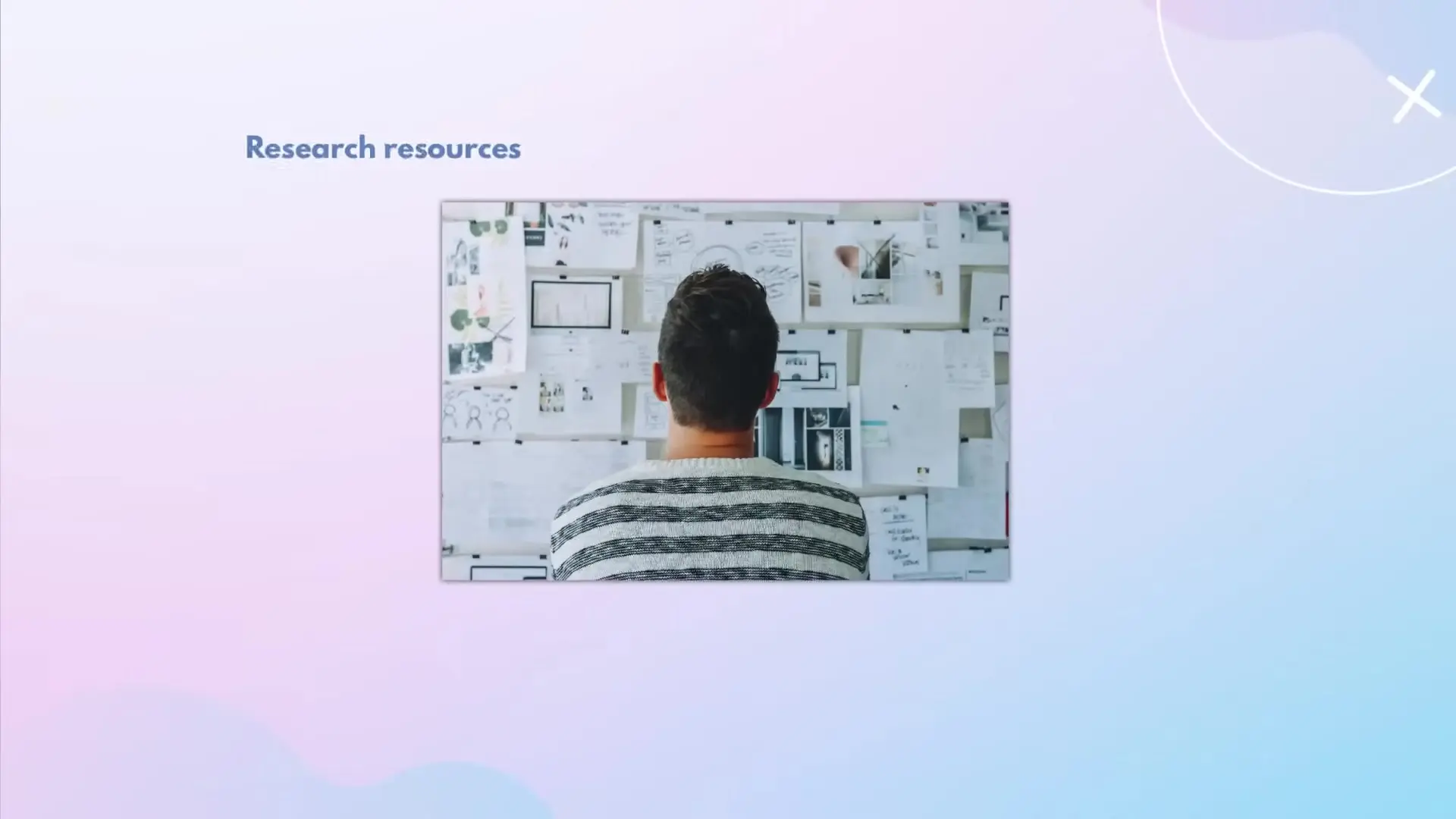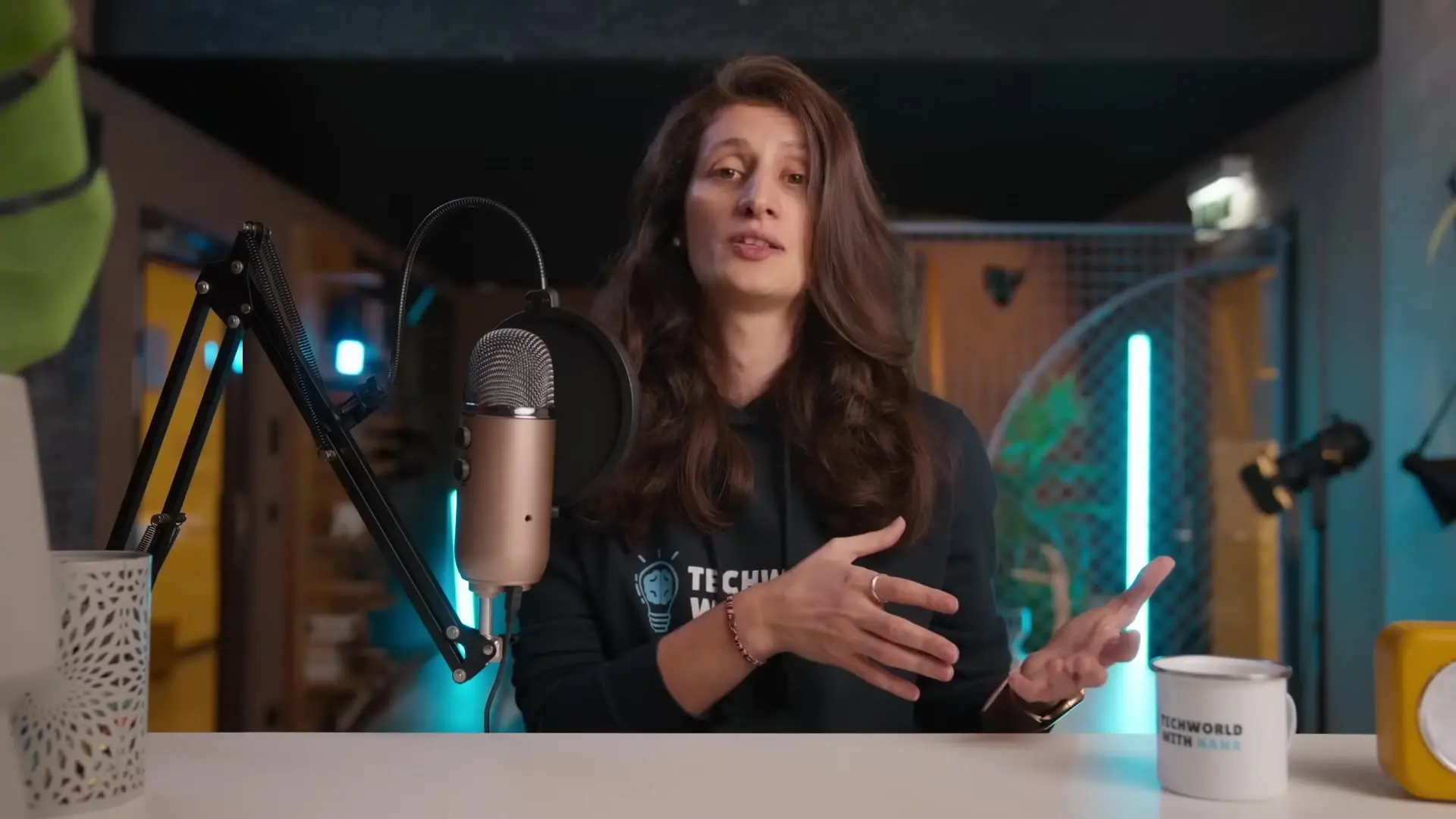
The DevOps field continues to expand rapidly in 2024, with opportunities for professionals at all experience levels. Whether you're making a mid-career transition or looking to advance your existing IT skills, this comprehensive guide will walk you through a structured approach to breaking into this high-demand field.
Is It Too Late to Start a Career in DevOps?
One of the most common questions from aspiring DevOps engineers is whether age might be a barrier to entry. The simple answer is no - it's never too late to transition into DevOps. While starting earlier provides more time to develop expertise, the field remains accessible to professionals of all ages.
When considering a mid-career transition, ask yourself two key questions:
- Do you enjoy learning new technologies and concepts?
- Will you commit to using these skills for at least 5-7 years?
If you answered yes to both questions, a DevOps career transition makes logical sense. Most professionals can build a solid foundation in 2-3 years, entering a phase where they can apply their knowledge more confidently while continuing to expand their expertise.
The DevOps Learning Roadmap for 2024
Breaking into DevOps requires a strategic approach to learning. The path you take depends largely on your existing background.
For Those with IT Experience
If you already have experience as a software developer, test engineer, or cloud engineer, you can focus directly on DevOps-specific tools and methodologies. With dedicated study and hands-on practice, you can become a certified DevOps engineer in approximately 6 months.
For Complete Beginners
Those without IT experience or with backgrounds in systems administration or network engineering will need to build foundational knowledge first. This typically involves learning the basics of software development lifecycles before progressing to DevOps-specific tools. This path generally takes around 8 months but results in equivalent mid-level DevOps engineering knowledge.

Self-Guided Learning Approach
For those preferring a self-directed learning path, follow this structured approach:
- Start with high-level DevOps concepts to understand the big picture
- Learn individual technologies in a logical sequence (not all at once)
- Focus on hands-on practice with each technology before moving to the next
- Build complete end-to-end projects (like CI/CD pipelines or Kubernetes clusters)
- Practice integrating various tools to create complete workflows
The most challenging aspect of self-guided learning is determining the right sequence of technologies to learn and knowing when you've learned enough of one tool to move on to the next.

The Importance of Hands-On Practice
Theoretical knowledge alone is insufficient in DevOps. The field requires practical experience integrating various tools and technologies to solve real-world problems. When learning, prioritize:
- Building complete CI/CD pipelines
- Setting up and managing Kubernetes clusters
- Creating infrastructure as code with tools like Terraform
- Implementing monitoring and observability solutions
- Automating deployment processes
Will AI Replace DevOps Engineers?
DevOps engineering involves complex architectural thinking and decision-making that makes it more resistant to AI replacement than some other IT roles. DevOps professionals need to design systems, troubleshoot complex issues, and make architectural decisions based on deep understanding of multiple technologies and business requirements.
Rather than replacing DevOps engineers, AI is becoming a powerful tool that augments their capabilities. Engineers who learn to effectively leverage AI tools while maintaining their core expertise will be particularly valuable.

Key DevOps Skills to Develop in 2024
To succeed in DevOps, focus on developing these essential skills:
- Container orchestration (Kubernetes)
- Infrastructure as Code (Terraform, CloudFormation)
- CI/CD pipeline implementation (Jenkins, GitHub Actions, GitLab CI)
- Cloud platforms (AWS, Azure, GCP)
- Scripting and automation (Python, Bash)
- Monitoring and observability
- Security best practices (DevSecOps)
Conclusion: Taking the First Step
Breaking into DevOps requires commitment and a structured approach to learning. Whether you choose a guided boot camp experience or self-directed learning, consistency is key. Start with understanding the big picture, then systematically build your skills through hands-on practice.
Remember that DevOps is as much about culture and methodology as it is about specific tools. As you learn, focus on understanding the principles behind the practices, and you'll be well-positioned for a successful career transition into this dynamic and rewarding field.
Let's Watch!
7 Steps to Transition into DevOps in 2024: Expert Career Advice
Ready to enhance your neural network?
Access our quantum knowledge cores and upgrade your programming abilities.
Initialize Training Sequence